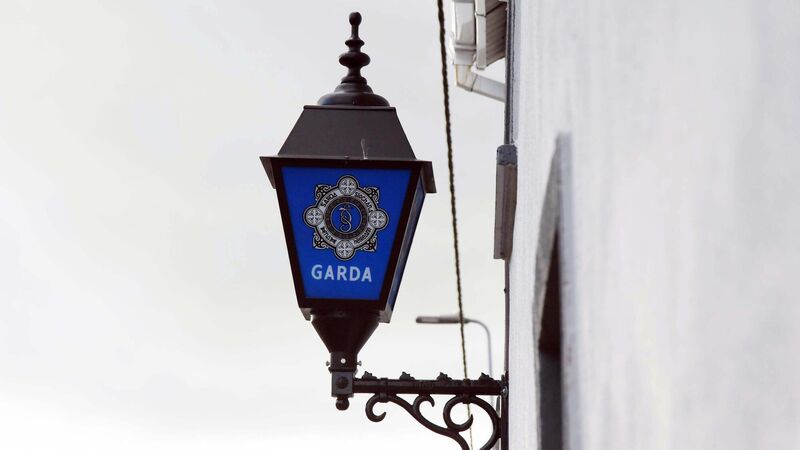Corruption threat posed by gardaí who abuse power for sexual gain is 'poorly grasped'

A report has also identified “significant gaps” in the supervision of scrapped prosecutions by gardaí in the district court.
The corruption threat posed by gardaí who abuse their power for sexual gain is “poorly grasped” in An Garda Síochána, a police watchdog has said.
The Garda Inspectorate said this problem – which was a “major emerging issue” in other police forces – had “profound” human rights implications for victims and the organisation.











